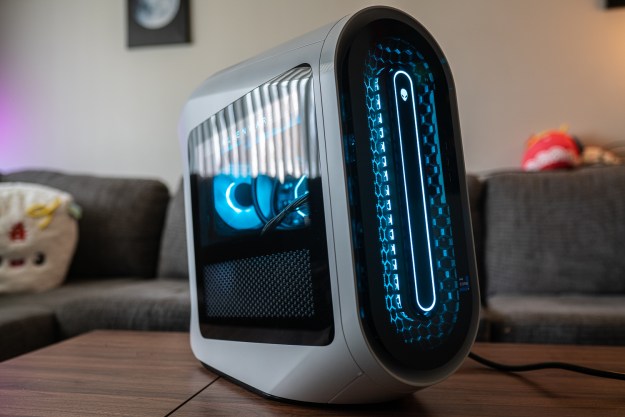
Telecommunications operator Sprint has posted a net loss of some $847 million for the second quarter of 2011—a figure which has sent some investors running for the hills as the company struggles to compete against Verizon Wireless and AT&T—and protest the planned merger of AT&T and T-Mobile. What’s more, the company actually lost over 100,000 mobile subscribers tied into the company on contracts. However, Sprint’s second-quarter numbers weren’t all bad news: Sprint added some 1.1 million wireless subscribers during the quarter (including 674,000 prepaid subscribers) and announced a mammoth network services and spectrum hosting agreement with LightSquared that will net Sprint some $9 billion over an 11-year period—and put Sprint in the LTE 4G mobile business.
Although the company posted a quarterly loss, Sprint CEO Dan Hesse put a positive spin on the numbers, noting that they represent the best year-on-year quarterly postpaid increase in average subscriber revenue in more than seven years—meaning, Sprint is making more money on its wireless subscribers—and it was the 14th consecutive quarter that the company has posed improvements in customer care satisfactions…which may only indicate how far it had to go 14 months ago. Sprint also posted its best-ever postpaid churn rates of 1.75 percent; moreover 9 percent of postpaid customers upgraded their handsets during the second quarter.
However, more telling for Sprint’s long-term health is the build-out deal with LightSquared. Long rumored, the 15-year deal will have LightSquared paying Sprint build out and operate a nationwide LTE network that handles L-band spectrum on behalf of LightSquared. LightSquared plans to operate as a wholesale LTE 4G operator, selling its capacity to other players—and under the deal, Sprint will be eligible to purchase up to 50 percent of LightSquared’s LE capability. The news can’t be making folks at WiMax-based Clearwire very happy—Sprint’s current 4G service is based on WiMax—but it does give Sprint access to the 4G mobile broadband technology that’s deployed in most of the rest of the world—in theory, that could mean lower costs for handsets and other mobile broadband devices and help Sprint’s offerings be competitive with other operators.
LightSquared will also be tapping into Sprint’s 3G network for combined 3G/4G data services.
The deal will bring Sprint about $9 billion in cash over the next 11 years, and LightSquared estimates the agreement will lower its operating expenses by more than $13 billion over the next eight years compared to building out its own terrestrial network. LightSquared is under an FCC mandate to deploy mobile broadband services that can cover some 260 million Americans by 2015; the company believes the deal with Sprint will help bring it to that goal more than a year ahead of schedule.
LightSquared as recently had to reconfigure its spectrum utilization to avoid interfering with low-power GPS signals.


